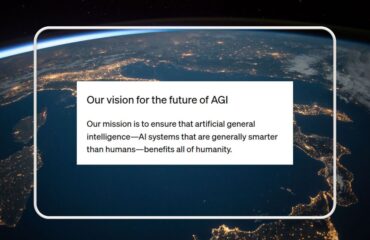By James Myers
Reflections on Life Before The Internet
An important thing about communication was brought home to me this week. It’s that the results of a written exchange are very different, and far less creative, than the results of a spoken conversation.
I’m one among the many who have largely abandoned telephone discussions for the convenience of texting and messaging apps (although I’m terrible at thumbing the letters on the screen…) It’s actually a fairly significant and rapid social change, when you think of it. It was a mere 20 years ago that the only ways of communicating were (1) by telephone or (2) by letter that would arrive maybe a week after it was dropped in the mailbox. That was before the internet era exploded, at the beginning of the 21st century.

Image by R-region, from Pixabay
The phone call yesterday was from a friend, I’ll call her Jean, and the half-hour discussion that ensued was such a different, and far richer, experience than the messages we had been exchanging over Signal for months since our previous chat.
In a pleasant half-hour, I learned far much more about Jean’s world, and she about mine, than we would have with far fewer words by text over a far longer time.
As one thing led to another in our chat, we managed to figure out the answers to some pretty tricky, interconnected issues far more quickly and efficiently than we could have ever done by Signal messaging.
It takes time to type those words, and more time still (especially for me) to thumb them on the screen and then correct the errors I repeatedly make. And nobody wants to read a novel in any event. Sometimes I avoid sending words when I would otherwise want to, only because I don’t have the time to start a back-and-forth of texting that can demand my attention for a half hour or more. There’s that fear they’ll think I’m ignoring them if I don’t respond quickly, and then they’ll ignore me – so I do my part to keep the words flowing with little time difference, almost as if their recipient were in the room with me.
I actually lived in that ancient period of history. I’ll call it BTI (Before The Internet).
Yes, things took much more time than they do now, in the BTI. A typical BTI exchange of information in a business context might have been four or five times longer than it is now. Weeks could go by between phone calls with busy friends, and then we would have a relatively short but rich time on the phone catching up on each other’s lives. It was expensive to call distant relatives back then; the phone companies charged for long distance calls, the highest prices being from 9-5 on weekdays with discounts offered on the weekends. Sundays were, therefore, a time for catching up with grandma for those who could afford, otherwise mailing a letter was the only other option (for the cost of a stamp that was maybe 25 cents).
Stamps were those pieces of paper, with glue on the back and, on the front, a picture of a famous person or scene conveying authority.
The thing about those times, as backward as they might now seem, is that people were, as a whole, nicer to each other and more willing to listen to each other. We all have faults, and there seemed to be more forgiveness and tolerance for differences. With all that time to reflect, emotions couldn’t flare up across the planet as they sometimes now do in an instant – inflamed by often only a few words cunningly chosen and broadcast everywhere on the internet.
One of the problems with instant emotion – and there are many problems stemming from a lack of time to reflect – is that it can be manufactured. It’s not as if all emotions, particularly ones of hate toward a racial or cultural or religious or national group, are honest emotions, based on real causes actually witnessed by the people who set the emotional fire ablaze.
It’s like a giant planetary game of broken telephone going on now, with emotions.
One incident can generate a whole range of emotions that rapidly lose their logical connections over time. Cause and effect start to become unrelated, and more so with every transmission from one person to another, because no two people would interpret any cause exactly the same way. Some types of emotion – often, and most profitably to the tyrants, hatred and anger – become artificially intensified.
That’s why a good old-fashioned discussion, an exchange of voices, has far greater power than the misunderstood writing on a screen. We need more talking, and less texting.



